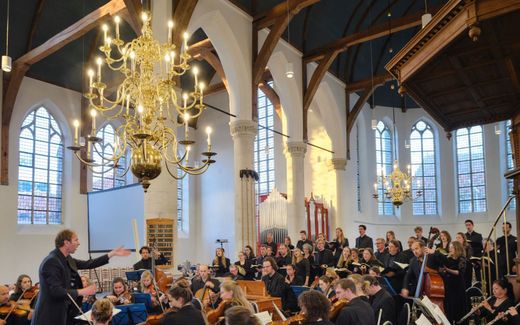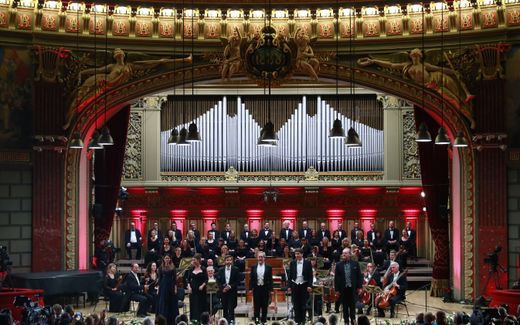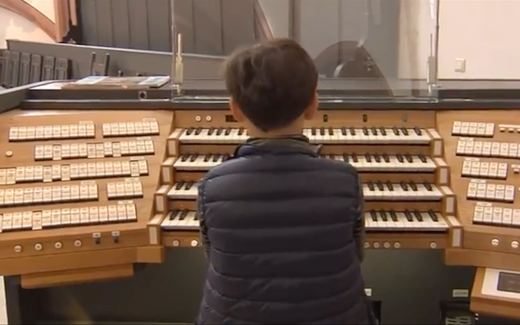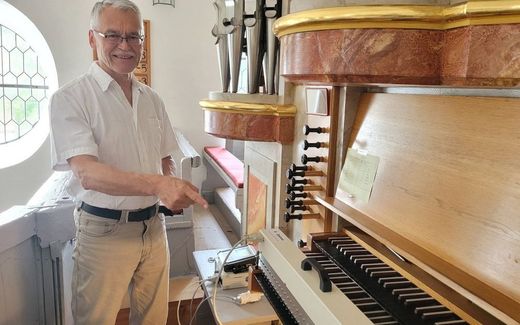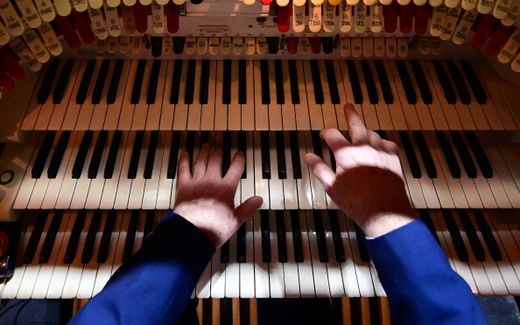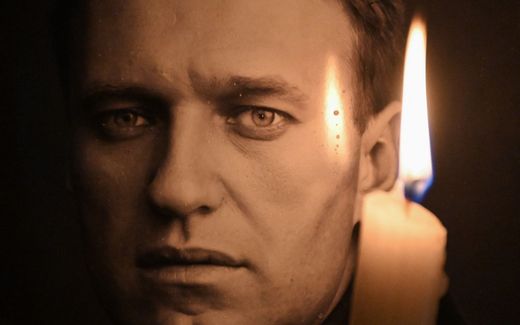This weekend, Bach’s St. John Passion will turn 300 years
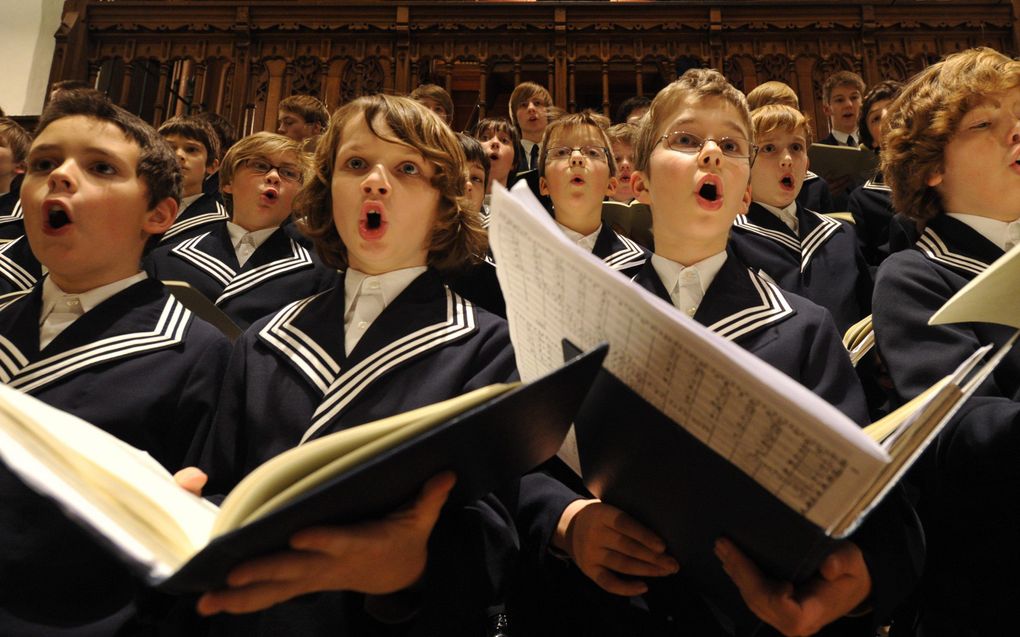
The present-day Thomas Choir in Leipzig, Germany. Photo EPA, Hendrik Schmidt
Christian Life
Good Friday, the 7th of April, 1724. Johann Sebastian Bach had just finished leading the first performance of his “Passio secundun Joannem”, the St. John Passion. Very likely, he felt relieved, knowing the group he had to work with. Little did he know that his oratorio would be sung around the world 300 years later.
Johann Sebastian Bach had been appointed Thomaskantor in Leipzig only a year earlier, in 1723. Previously, he had served at the courts of several princes. But his latest position of Kapellmeister at the court of Prince Leopold of Anhalt-Köthen had left him unsatisfied. The princely family seemed to have little appreciation for music, and Bach was now searching for a more rewarding position.
After the cantor of Leipzig, Johann Kuhnau, died in 1722, Bach did not hesitate to apply for the position. Yet, his application was first rejected in favour of another renowned musician, Georg Phillip Telemann. However, due to some practical disagreements, Telemann finally refused, and Bach was chosen for the job.
As Thomaskantor, Bach was responsible for the music of the four churches of Leipzig. He also directed the music school of the city, which was, in fact, in the building where Martin Luther had begun as a monk.
Bach must have quickly understood why Telemann had refused the job. His task was very demanding yet could have been more remunerated. Firstly, the music school was a charity school attended by the poorest boys in Leipzig. Bach struggled to keep order among the children, let alone to teach them singing and music. Secondly, he was required to compose a cantata for the choir to sing in the Sunday service each week. And for special occasions such as Christmas or Easter, Bach was expected to write full oratorios.

Sometimes, Bach must have wondered if he was not better off in his previous role of Kapellmeister at a princely court. In Leipzig, he had to lower his expectations regarding quality and style. Yet, it was in Leipzig that Bach flourished musically. The requirements to compose a new cantata for every Sunday service encouraged him to seek God and his Word. And St. John Passion was one the best fruits of his devotion. Perhaps this is why he remained in his position until he died in 1750, despite his regular complaints about his working conditions.
The first Passion
The preparations for the first performance of St. John Passion were challenging. It was first scheduled to be played at St. Thomas’, the city’s main church. However, due to some last-minute issues, the performance had to be moved to St. Nicholas’. Quite interestingly, it was also in this church that the first Lutheran service in Leipzig occurred two centuries earlier. Now, the church was about to be the setting of another momentous event.
But what was the purpose of the Passion?
St. John Passion was designed to present the Biblical records of Jesus’ last hours before his death (John 18 and 19) in musical form. Bach’s Passion was undoubtedly not the first of its kind. In Luther’s times, Johann Walther had composed passions according to St. John and St. Matthew. Yet, Bach’s Passion was an essential composition for several reasons.
The first passions composed in the sixteenth century were pretty monotonous, and the Gospel was sung without pause. Later, these compositions became more melodious, with more pauses and variety in singing. Whereas other German composers looked abroad for musical inspiration, Bach combined the German music tradition with foreign music styles. His compositions offered a great variety of melodies and tones and a richer panel of expressions. At the same time, he deepened the devotional character of German Protestant music.
Since his appointment as Thomaskantor in 1723, Johann Sebastian Bach had composed many cantatas. A year later, he combined his musical experience with a single oratorio.
Bach’s faith
The most crucial element in Bach’s music was his Protestant faith. This is not surprising since Martin Luther had triggered the Reformation in these regions two hundred years earlier. Virtually all of Leipzig was Protestant in Bach’s day.
The Bible was at the heart of the Reformation, which was also the basis of Bach’s work. His primary aim was to communicate the life and work of Christ vividly. And his success was such that Bach was later called the fifth evangelist, and his works the fifth Gospel.
Johann Sebastian Bach has left a lasting legacy in music. Yet, his passions fell into oblivion after his death for about a century until Felix Mendelssohn recovered them. Because of the poor quality of his choir, it is possible that Bach never heard his music the way he envisioned it. But today, exactly three centuries later, his works are performed by the best singers and musicians all around the world. Most importantly, the Gospel is preached in the best concert halls through his music!
Related Articles


